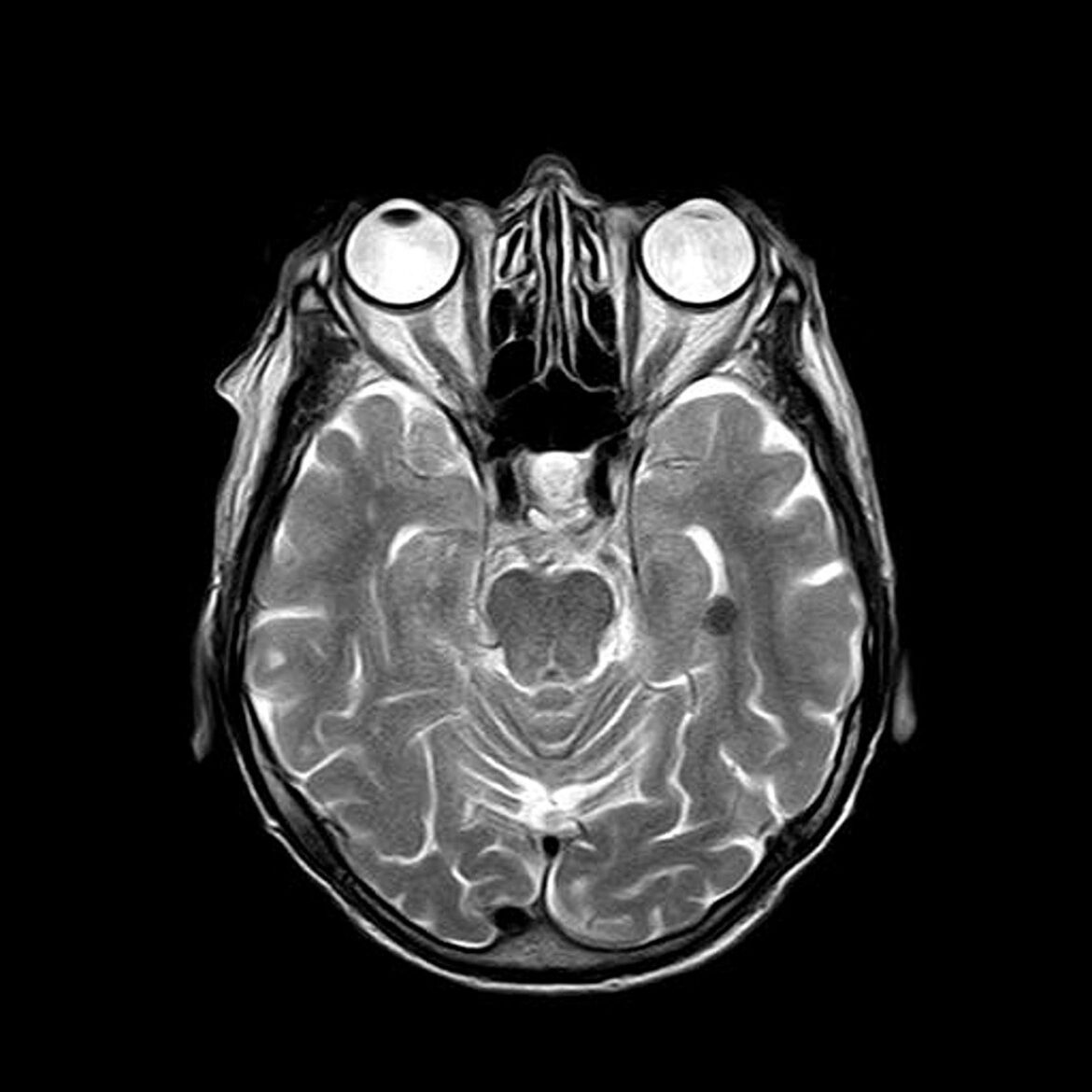Overview
Functional cognitive impairment (CI) after mild traumatic brain injury (mTBI) is a significant concern due to its potential to induce long-term cognitive deficits. The risk factors for CI post-mTBI are multifaceted and include both pre-injury conditions and injury-specific characteristics.
Pre-Injury Comorbidities
Pre-injury comorbidities have been associated with functional impairment and post-concussive symptoms after mTBI. A study from the TRACK-TBI initiative found that baseline comorbidities such as psychiatric conditions, hypertension, and headache/migraine were significantly associated with functional disability and post-concussive symptoms at 3- and 6-months post-injury[5].
Age, Gender, Genetics, and Mental Health
Age, gender, genetics, and pre-existing mental health conditions have been identified as risk factors for developing cognitive impairment post-mTBI. A review article consolidating findings from neuropsychological assessments and neuroimaging studies highlighted these factors, with a particular emphasis on the role of genetics, such as the presence of the Apolipoprotein epsilon 4 allele[3][7].
Post-Injury Symptoms and Complaints
Post-injury symptoms, including patients’ complaints of fatigue and headache, have been demonstrated as predictors of CI in patients with mTBI resulting from mine explosive weapon use[1]. Additionally, self-reported memory difficulties, despite normal neuropsychological test performance, have been observed to persist long after mTBI, suggesting a manifestation of a functional cognitive disorder (FCD)[2].
Neuroimaging Findings
Neuroimaging studies have corroborated the presence of cognitive deficits post-mTBI, showing structural and functional changes in the brain. Aberrant static and dynamic functional network connectivity has been observed in acute mTBI with cognitive impairment[4][6][8][10][12].
Interaction with Other Conditions
The interaction between mTBI and other conditions, such as Alzheimer’s disease and mild cognitive impairment (MCI), has been studied, with findings indicating that TBI may increase the risk of such conditions, particularly in the presence of genetic factors like ApoE 4[7].
Study Methods
Neuropsychological Testing
Neuropsychological testing, including the use of scales such as MoCA (Montreal Cognitive Assessment) and HADS (Hospital Anxiety and Depression Scale), has been employed to assess cognitive function post-mTBI[1][2].
Neuroimaging Techniques
Quantitative electroencephalography (EEG), cognitive evoked potentials (CEP P300), resting-state functional magnetic resonance imaging (rs-fMRI), and diffusion tensor imaging (DTI) have been used to study the functional state of the brain and the structural and functional connectivity changes post-injury[1][4][6][8][10][12].
Cross-Sectional and Longitudinal Studies
Both cross-sectional and longitudinal study designs have been utilized to investigate the risk factors and the progression of cognitive impairment following mTBI. These studies have included comparisons between mTBI patients and healthy controls, as well as assessments of cognitive performance over time[2][5][7][11][13][15].
Statistical Analysis
Statistical processing of data, including regression analyses and the use of control groups for comparison, has been a key component of these studies to identify significant associations and predictors of cognitive impairment[5][11].
Conclusions
The risk factors for functional cognitive impairment after mTBI are diverse and include pre-injury comorbidities, demographic factors, genetic predispositions, and injury-specific symptoms. The study methods encompass a range of neuropsychological assessments and advanced neuroimaging techniques to evaluate cognitive function and brain changes post-injury. Understanding these risk factors and employing standardized assessment tools are crucial for improving the management and treatment of mTBI-associated cognitive impairments.
Sources
[1] Risk factors of cognitive impairment in patients with blast-related mild traumatic brain injury https://www.semanticscholar.org/paper/64ac2add1bbf32a86b7e1ce123fba7a4bb5e12f3
[2] Factors perpetuating functional cognitive symptoms after mild traumatic brain injury. https://pubmed.ncbi.nlm.nih.gov/37602857/
[3] Cognitive Impairment following Mild Traumatic Brain Injury (mTBI): A Review https://www.ncbi.nlm.nih.gov/pmc/articles/PMC10971996/
[4] Aberrant Static and Dynamic Functional Network Connectivity in Acute Mild Traumatic Brain Injury with Cognitive Impairment https://pubmed.ncbi.nlm.nih.gov/34463779/
[5] Pre-injury Comorbidities Are Associated With Functional Impairment and Post-concussive Symptoms at 3- and 6-Months After Mild Traumatic Brain Injury: A TRACK-TBI Study https://www.ncbi.nlm.nih.gov/pmc/articles/PMC6465546/
[6] Functional connectivity dysfunction of insular subdivisions in cognitive impairment after acute mild traumatic brain injury https://www.ncbi.nlm.nih.gov/pmc/articles/PMC7275020/
[7] Interaction between Apolipoprotein epsilon 4 and traumatic brain injury in patients with Alzheimer’s disease and Mild Cognitive Impairment. https://pubmed.ncbi.nlm.nih.gov/17367583/
[8] Functional-structural large-scale brain networks are correlated with neurocognitive impairment in acute mild traumatic brain injury https://www.ncbi.nlm.nih.gov/pmc/articles/PMC9929413/
[9] MPC-n (IgG) improves long-term cognitive impairment in the mouse model of repetitive mild traumatic brain injury https://www.ncbi.nlm.nih.gov/pmc/articles/PMC10228048/
[10] Memory retrieval brain–behavior disconnection in mild traumatic brain injury: A magnetoencephalography and diffusion tensor imaging study https://www.ncbi.nlm.nih.gov/pmc/articles/PMC9812251/
[11] Cognitive impairment following traumatic brain injury in Uganda: Prevalence and associated factors https://www.ncbi.nlm.nih.gov/pmc/articles/PMC10021383/
[12] Aberrant dynamic properties of whole‐brain functional connectivity in acute mild traumatic brain injury revealed by hidden Markov models https://www.ncbi.nlm.nih.gov/pmc/articles/PMC10912843/
[13] Cognitive performance in older people after mild traumatic brain injury: Trauma effects and other risk factors https://pubmed.ncbi.nlm.nih.gov/36102332/
[14] Photobiomodulation Enhances Memory Processing in Older Adults with Mild Cognitive Impairment: A Functional Near-Infrared Spectroscopy Study. https://pubmed.ncbi.nlm.nih.gov/33998541/
[15] Lifetime Traumatic Brain Injury and Cognitive Domain Deficits in Late Life: The PROTECT-TBI Cohort Study. https://pubmed.ncbi.nlm.nih.gov/36716779/

